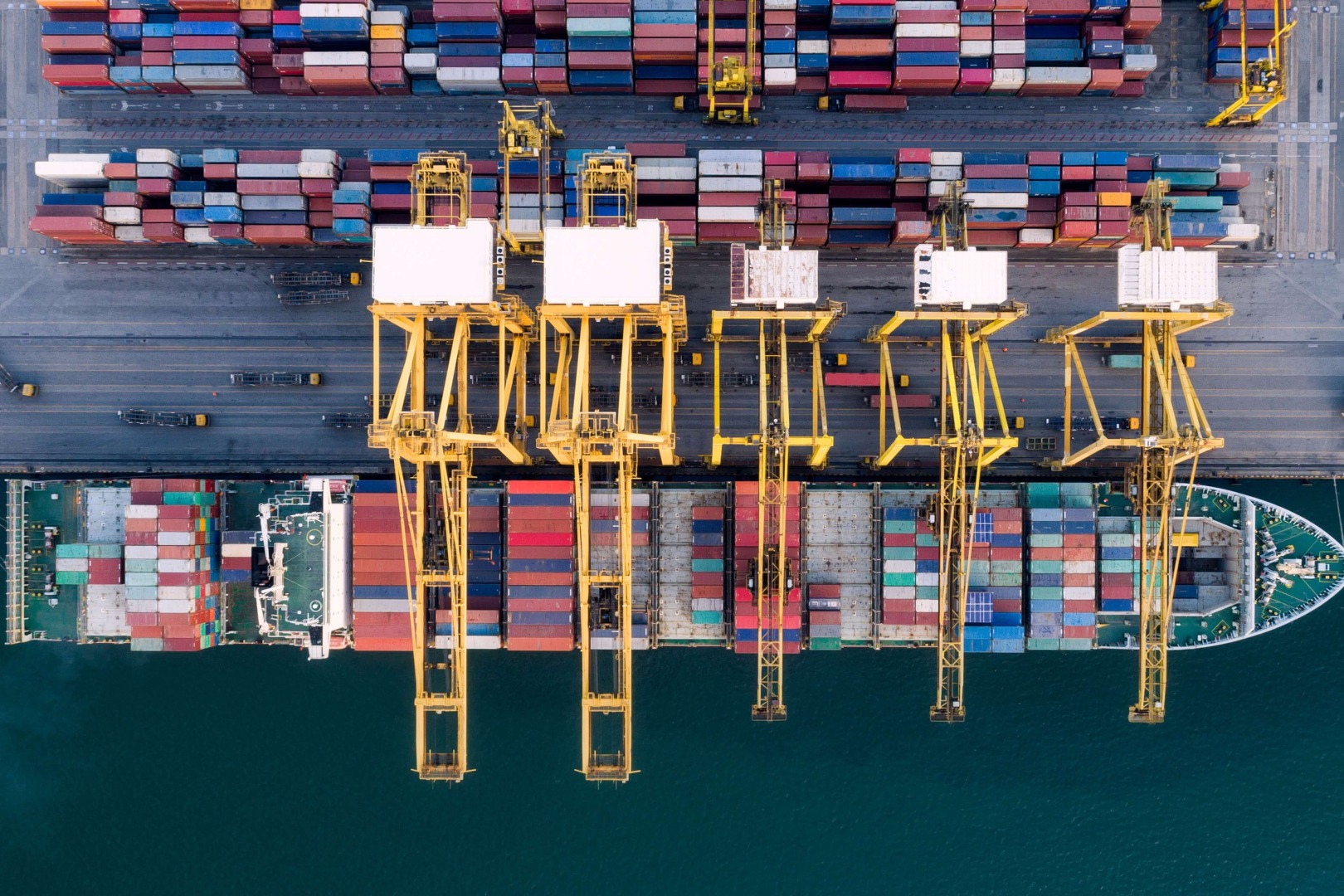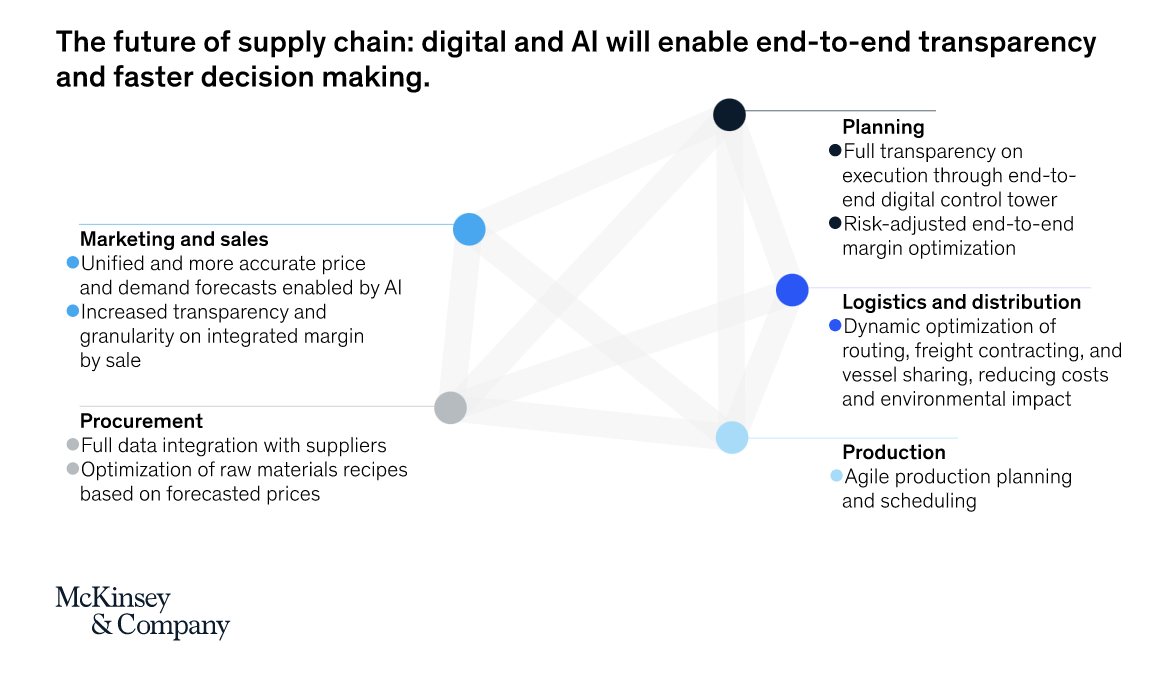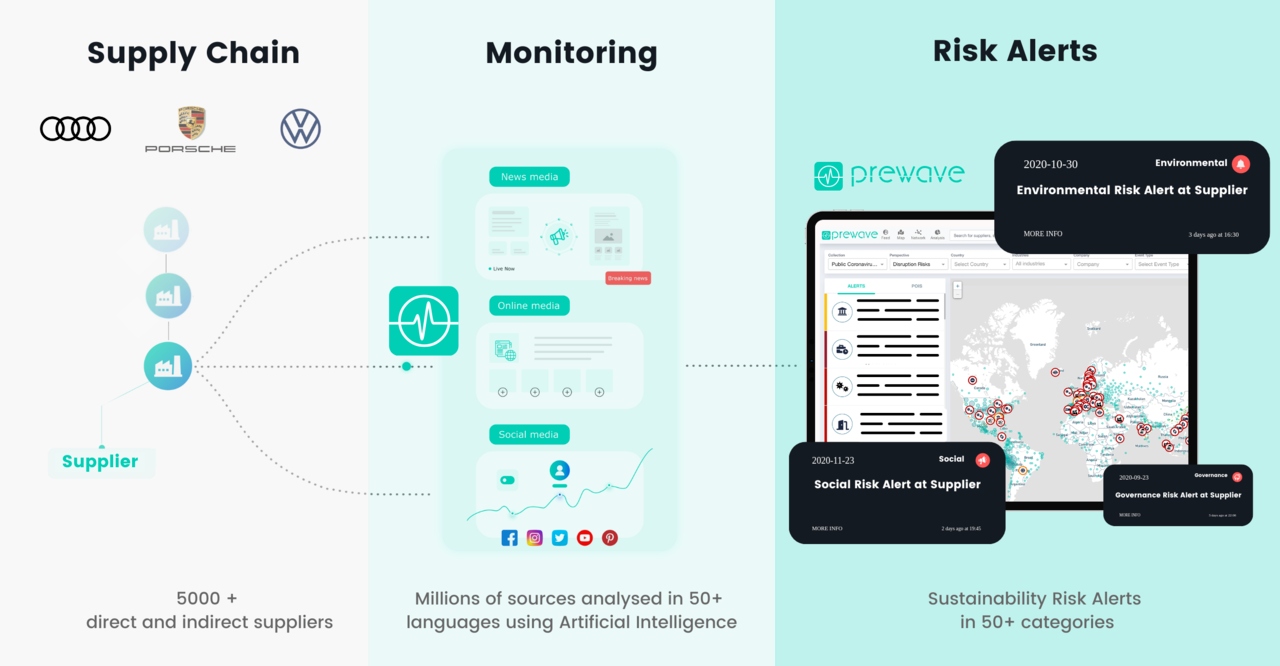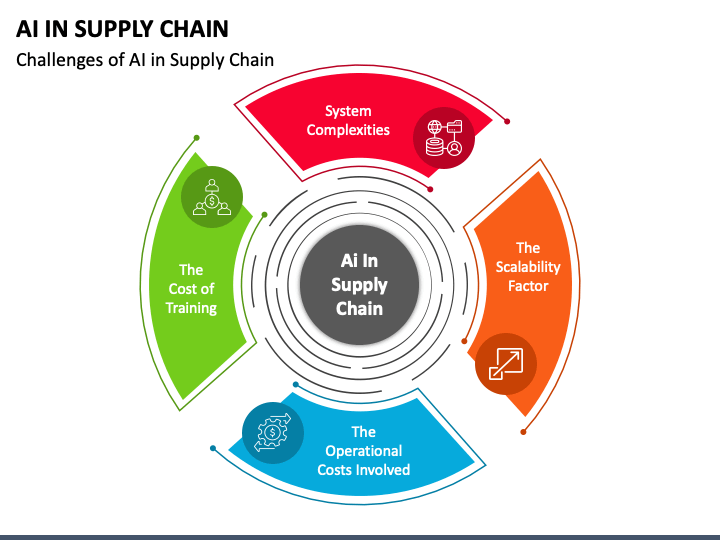Comments
- No comments found

The integration of artificial intelligence (AI) into supply chain management has the potential to revolutionize operations and drive sustainable practices.
AI technologies offer powerful capabilities for optimizing processes, enhancing decision-making, and improving efficiency throughout the supply chain. In this article, we will explore the transformative power of AI in building a sustainable supply chain, examining its applications, benefits, and challenges, and highlighting how businesses can leverage AI to drive environmental responsibility and ethical practices.
At its core, AI involves the simulation of intelligent behavior by machines to perform tasks traditionally requiring human intelligence. In the context of supply chain management, AI technologies enable the analysis of vast amounts of data, automation of repetitive tasks, predictive analytics, and intelligent decision-making. This transformative potential positions AI as a key enabler of sustainable practices within the supply chain.

AI-powered algorithms can analyze historical data, market trends, and external factors to provide accurate demand forecasts. This enables businesses to optimize inventory levels, reduce waste, and avoid overproduction.
AI can optimize transportation routes, considering factors such as fuel efficiency, congestion, and emissions. By reducing unnecessary mileage and idle time, AI-driven route optimization contributes to lower carbon emissions and improved resource efficiency.
AI-based solutions enable real-time monitoring of supply chain activities, providing end-to-end visibility and traceability. This transparency allows businesses to identify inefficiencies, detect ethical violations, and ensure compliance with sustainability standards.
AI algorithms can analyze supplier data, social media, news, and public records to assess the ethical practices and social responsibility of suppliers. This helps businesses make informed decisions, mitigate risks, and promote ethical sourcing.

AI-driven automation and optimization improve operational efficiency by streamlining processes, reducing errors, and minimizing resource waste. This efficiency translates into cost savings and improved productivity.
AI-powered analytics enable businesses to make data-driven decisions, leveraging insights from large datasets to identify patterns, optimize performance, and drive continuous improvement. This leads to better resource allocation and strategic planning.
By optimizing processes, reducing waste, and enhancing resource efficiency, AI-driven supply chain management contributes to a significant reduction in environmental impact. Lower carbon emissions, minimized waste generation, and efficient resource utilization are some of the positive outcomes.
AI technologies help identify and mitigate risks in the supply chain, ranging from disruptions caused by natural disasters to ethical violations by suppliers. Early detection and proactive risk management enhance supply chain resilience and protect brand reputation.

AI relies heavily on data quality and integration from various sources. Ensuring accurate and reliable data is a critical challenge that needs to be addressed for effective AI implementation.
The adoption of AI technologies requires a workforce with the necessary skills to leverage and manage these technologies. Upskilling and reskilling initiatives are essential to empower employees and facilitate a smooth transition.
AI systems must be designed and deployed with ethical considerations in mind. Transparency, fairness, and accountability should be integrated into AI models to avoid biases and ensure responsible decision-making.

Businesses should collaborate with technology providers, industry experts, and stakeholders to develop AI solutions that prioritize sustainability. This collaborative approach fosters knowledge-sharing, innovation, and the development of industry-wide best practices.
Governments and regulatory bodies play a crucial role in establishing frameworks and standards that promote the responsible use of AI in supply chain management. These regulations can address data privacy, ethical considerations, and transparency requirements, ensuring that AI technologies are deployed in a manner that aligns with sustainable practices.
To maximize the benefits of AI in building a sustainable supply chain, businesses should implement robust monitoring systems. Regular assessments and audits can help identify areas for improvement, measure the effectiveness of AI-driven initiatives, and ensure ongoing compliance with sustainability goals.
Creating awareness and educating stakeholders about the potential of AI in driving sustainability is essential. Businesses should invest in training programs to enhance understanding and equip employees with the skills required to leverage AI technologies effectively.
Artificial intelligence has emerged as a powerful tool for building a sustainable supply chain. By leveraging AI technologies, businesses can optimize processes, enhance decision-making, reduce environmental impact, and promote ethical practices throughout the supply chain. However, challenges such as data quality, workforce transition, and ethical considerations must be addressed to maximize the benefits of AI in the pursuit of sustainability. By embracing AI and collaborating with stakeholders, businesses can pave the way for a more efficient, responsible, and sustainable future in supply chain management.
Leave your comments
Post comment as a guest